My Viewpoint on Europe’s Refugee Crisis
‘Syria has become the great tragedy of this century.’ – Antonio Guterres, UN High Commissioner for Refugees.
I normally write about travel and my life in New Zealand. That’s because that’s what I know best – I know my life, what I do, where I go. I know how to write about my life. Doesn’t everyone?
This blog is called How The Mind Wanders… The title gives me freedom to write about whatever is on my mind when I want to blog. And this time, my mind isn’t on New Zealand, or my next adventure, or today really on my own life. Instead, today, and for the past few days, my mind has been preoccupied by the biggest refugee crisis since the Second World War. And that is what I want to write about.
Refugee Crisis
Your head must have been completely buried in the sand to have missed it. Millions of displaced people are seeking refuge in Europe, fleeing their own countries from fear of war, dictatorial oppression, religious extremism and persecution. Hundreds of thousands of people are risking their lives every single day to reach Europe. They have no choice in the matter. If parents are putting their children’s lives in danger crossing the Mediterranean in leaking, over-loaded inflatable dinghies, one can only imagine the hell they’ve left behind that makes them willing to take that risk. No parent that I know would do that unless there was something far worse being left behind.
I would like to say here and now that I do not pretend to have any great knowledge regarding the refugee crisis in Europe. No more than what you could read elsewhere anyway. And while I recognise that the crisis is a political issue as well as a humanitarian one, I do not wish to discuss the politics. I do not fully understand all the different European country’s positions on refugees. I see David Cameron’s stance and I detest his and the Conservative party’s narrow mindedness and lack of empathy.
We Need To Help
What I know about the crisis I have learnt from the media. There have been countless harrowing images. Twitter campaigns to raise money and get supplies for those stuck in Calais. There are info graphics, countless newspaper articles, examinations and statistics. And what all this is telling me is that something needs to be done. We need to help these people who are coming to us because they have lost everything.
Politicians need to stop talking and start acting. The everyday common man, woman and child are stepping up the campaign to let refugees into their countries, to help them, provide food, shelter, clothing. They are showing compassion towards fellow human beings. The majority of refugees entering Europe are not fleeing poverty or seeking economic security. They are escaping war. They are trying to save their lives and the lives of their loved ones. Wouldn’t we all do the same in their situation?
The crisis has struck a chord within me. I feel an extremely strong emotional response to everything I see, hear and read in the media about it. Just today, I’ve nearly cried twice due to something I’ve seen or read – eyes welling up, throat constricting. I want to help, but it’s hard to know where to begin. It’s hard being on the other side of world. I feel a bit useless.
Dis-spelling Some Myths and Learning Some Truths
In the end, I begin by gleaning information, gathering the facts as I see them together in my head and learn as much as I can. I want to try and understand the issues better, so I read individual stories and educate myself on the major routes into Europe. I try to find out exactly where the refugees are coming from and what atrocities they’re escaping.
1% of European Refugees are in Calais
I’ve learnt that contrary to popular belief, the refugees waiting at Calais account for just 1% of the refugees who have entered Europe so far this year. Yep, you read that right – 1%. Read some of the newspapers and you’d think the entire migrant population in Europe was camped out in Calais. So, contrary to another widely held belief, Calais is not a major battleground and Britain may not be the place that every migrant wants to end up…
38% of refugees come from Syria
A massive 38% of refugees entering Europe are coming from Syria, where the civil war and battles against ISIS rage on. They are leaving behind a battleground, where the fighting shows little sign of abating in the coming months. Most commonly, the refugees flee across the border into Turkey. Turkey has taken over 1 million Syrian refugees since the outbreak of violence in March 2011. This is a phenomenal number and Turkey warn that they are now running out of room. From Turkey, refugees often pay large sums of money to board boats that will, if all goes well, take them to Greece.
Difficult Journeys across Europe
From Greece, refugees face hard journeys across Europe, through Macedonia and on into Hungary. Their ultimate goal is to reach the safety of countries like Germany, France and the UK. At present, Germany is the recipient of the largest number of asylum seekers. In the past day, bowing to increasing public pressure, David Cameron has agreed to let more Syrian refugees into the UK.
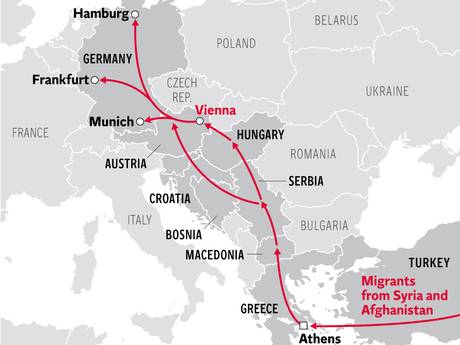
Real People, Not Statistics
Whilst I want to know all this information, to garner knowledge about the crisis, I want to keep these people human too. They are not statistics – they are individuals, with families, children and their own stories to tell. They come from different backgrounds.
Several articles I have read point to the fact that many refugees coming to Europe are professionals with university degrees – teachers, lawyers, doctors. They have skills they are willing to offer, that we can utilise in Europe. Many speak English, often fluently. They want to become part of our European community, live and work alongside the European people. All of them deserve what support we can give them.
Photographs Tell Stories
For me, the photographs capturing the plight of refugees across Europe tell the stories of the individuals most compellingly. Photographers take powerfully poignant images that trigger my emotions more than any of the articles I have read. I see the looks of utter, profound relief as people arrive on Greek or Italian shores, having endured perilous voyages across the Mediterranean from Turkey or north Africa. There is fear in their eyes as refugees begin to come to terms with the loss of their old lives and turn to face a future full of doubt and uncertainty. Exhaustion is etched into the lines on their foreheads. Their eyes betray the atrocities they have left behind. I see children crying, I see grown men crying.
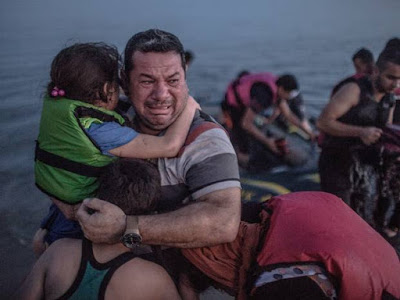
Source: The Independent.
Photo Credit: Daniel Etter.
A Dead Boy
I see a dead little boy, washed up on a beach in Turkey, drowned when the boat he was travelling on with his family capsized. I see his father’s anguish. That little boy’s name is Aylan Kurdi. He was three years old when he died. He had an older brother called Galip and a mother called Rihan. They both died too. Their father, Abdullah, survived. He is a broken man.
The image breaks my heart. It breaks many hearts and blasts through public conscience and spurs people to contribute something, anything. It is the straw that breaks the camels back. For all the wrong reasons, this photograph will become an iconic image of our lifetime. It shifts the gears. Things that were happening before have picked up pace. A movement of goodwill and generosity spreads, grows and envelops. Compassion wins, finally. People can no longer turn a blind eye.
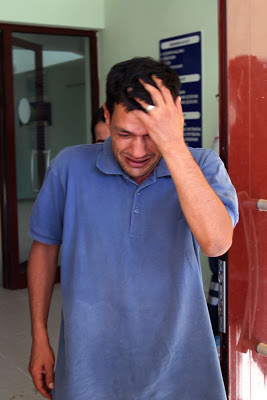
Doing What I Can To Help
My desire to help in any way I can, from my position halfway around the world, grows. Yesterday, I messaged my family and asked if they would be willing to contribute money towards an online food shop, to be delivered to the grassroots campaign Calais Action. The food will then be distributed in the next delivery run to Calais to the people that need it most. Doing this feels more tangible than donating money. I can imagine what good the food we’ve bought will do for these people. Sure, it’s a drop in the ocean, but it’s something.
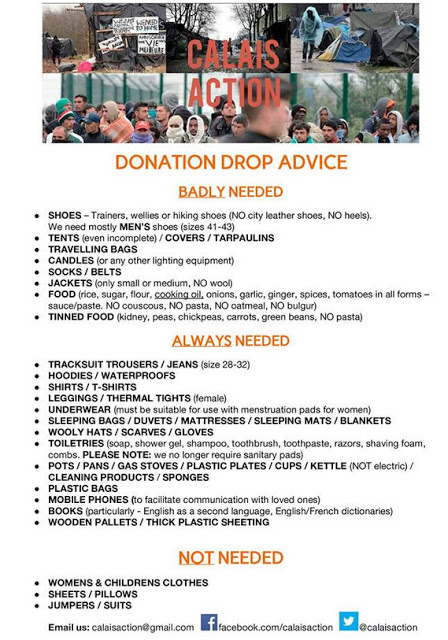
Sixty pounds (less than the average person probably spends on a weekly food shop) bought 10kg of rice, 10L of cooking oil, 50 cans of vegetables and beans, several kilograms of sugar and flour, garlic, onions and various other small items such as plastic cups, candles, sponges and soap.
Today, I have signed three petitions urging the UK Government to do more for the refugees in Europe. You can find useful links below if you’d also like to sign. I have also found a couple of useful links telling people how they can help, if they so wish. There are many practical things that can be done.
The People’s Movement
I’ve read about Germans opening their homes to asylum seekers. I’ve seen tweets and Facebook posts from Calais Action stating that they literally cannot believe the response to their campaign. The governments are sitting up and beginning to act. Hundreds of thousands of people are signing petitions, organising protest marches and offering support, aid and charity in whatever way they can.
The public’s response to the refugee crisis in Europe is overwhelming and amazing. Humbling. Human beings helping fellow human beings. As this crisis continues, all I can say is long may this compassion and support last.
Useful Links
Five practical ways you can help refugees trying to find safety in Europe.
Refugee Crisis: What you can do to help.
A train ride with Syrian refugees: A lesson in compassion and perspective.
‘There are no greater treasures than the highest human qualities such as compassion, courage and hope. Not even tragic accident or disaster can destroy such treasures of the heart.’ – Daisaku Ikeda.
NB: This post was edited on 29th January 2019.
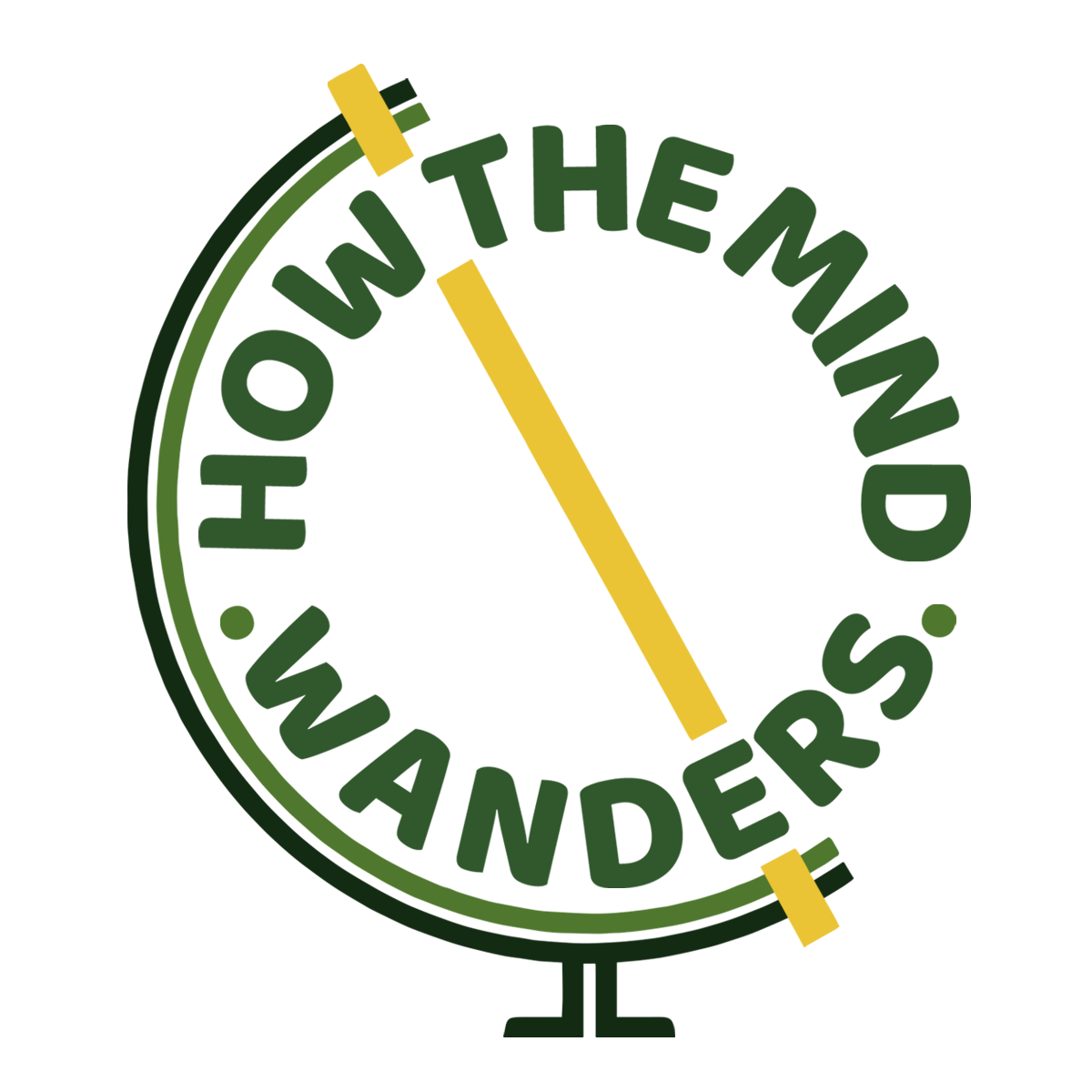
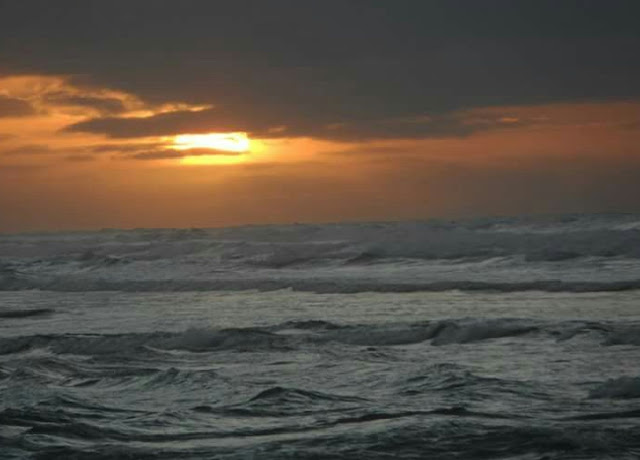
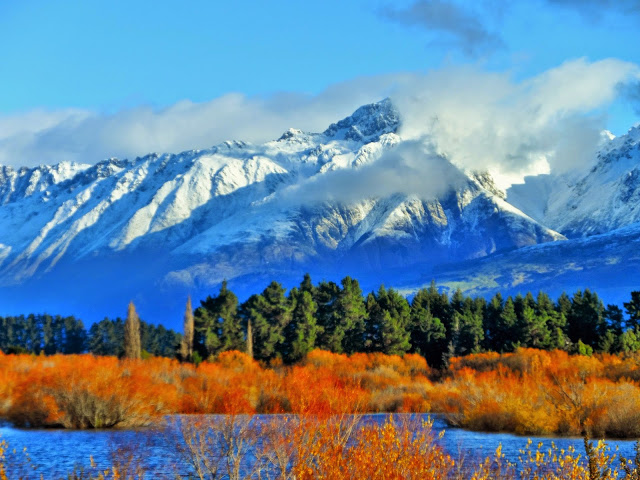
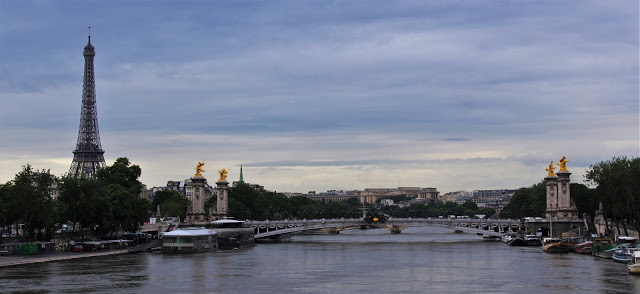
great and enlightening blog – thanks
Thanks Gef Nattrass!!